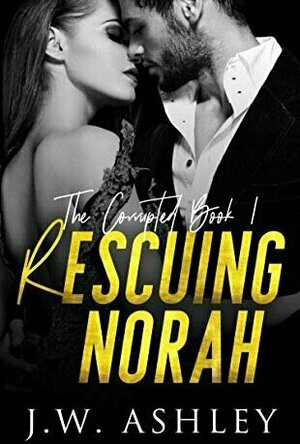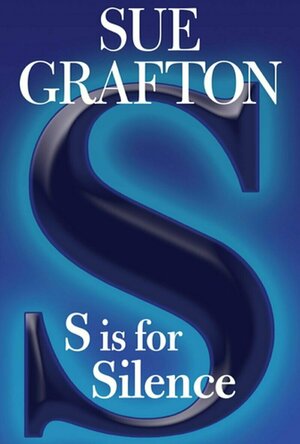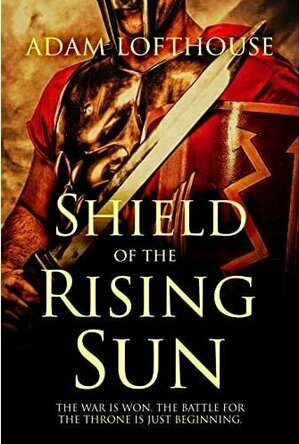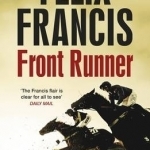
Front Runner
Book
Things are hotting up in this latest thriller from bestselling author Felix Francis, in his fifth...
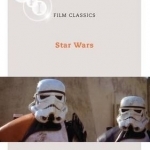
Star Wars
Book
The release of Star Wars in 1977 marked the start of what would become a colossal global franchise....
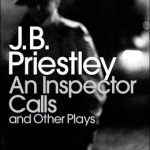
An Inspector Calls: and Other Plays
Book
Previously published as Time and the Conways and Other Plays, J.B. Priestley's An Inspector Calls...
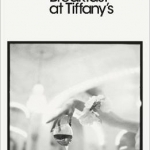
Breakfast at Tiffany's: WITH House of Flowers: WITH A Diamond Guitar: AND A Christmas Memory
Book
Immortalised by Audrey Hepburn's sparkling performance in the 1961 film of the same name, Breakfast...

Brideshead Revisited: The Sacred and Profane Memories of Captain Charles Ryder: Sacred and Profane Memories of Captain Charles Ryder
Book
Brideshead Revisited is Evelyn Waugh's stunning novel of duty and desire set amongst the decadent,...
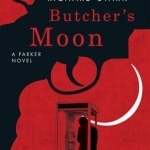
Butcher's Moon
Book
The sixteenth Parker novel, "Butcher's Moon" is more than twice as long as most of the master...
Lyndsey Gollogly (2893 KP) rated Rescuing Norah (Corrupted #1) in Books
Jul 1, 2020
Kindle
Rescuing Norah ( Corrupted book 1)
By J.W. Ashley
Sometimes the people we think we know, turn out to be someone else entirely.For Norah, running into a handsome young benefactor had never been in the cards. After being raised in shelters, she never expected to meet her own prince charming. So when Clayton Matthews turned his attention on her, she never looked back.But as the years pass, Norah's seemingly perfect life begins to unravel, revealing a much more sinister side to the man she's promised to marry.After losing his job on a technicality, Harley is determined to redeem himself in the eyes of the Seattle PD.Taking down one of Seattle's biggest crime bosses would be a damn good way to start, but as a Mercenary working for an off-the-books firm he's got his work cut out for him.On the night he's set to present his evidence, everything changes, and he finds himself on the run with none other than his target's beautiful fiancee.And as the game of cat and mouse turns deadly, Harley finds himself torn between duty and the intense attraction he feels for a woman he should hate.Rescuing Norah is the first in a series of intertwined suspense novels where the threat gets bigger, the sparks burn hotter, and the only thing standing in the way of victory is the bulls-eye painted on their backs.
This was a bit of a surprise for as I didn’t expect it to be as good as it was! Full of action a little romance and a very solid storyline! It definitely had you rooting for the good guys and booing the baddies. Loved the little twist with Norah and Gerry very sweet!
Mark @ Carstairs Considers (2478 KP) rated S is for Silence (Kinsey Millhone, #19) in Books
May 15, 2021
Cold cases can make excellent novels, and this is a perfect example. It is obvious early on that Kinsey is gaining new information, but how that is going to play out keeps us guessing until the end. I was certain I knew who it was, but I was wrong. Still, the ending did make sense to me. The characters are strong as always. Kinsey spends much of the book out of town, so we don’t see much of the regulars, which was disappointing, but a minor issue. While all the “modern” 1987 scenes are narrated from Kinsey’s first-person point of view, there are sections from other character’s point of view back in 1953. As good as some of those scenes are, sadly, there are some very graphic scenes in them. We could have easily done without them and it wouldn’t have impacted the story at all. I’m taking a star off for that. If you are a fan, be prepared to skim those scenes and you’ll still enjoy the book overall.
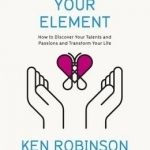
Finding Your Element: How to Discover Your Talents and Passions and Transform Your Life
Book
Ken Robinson, author of the international bestseller The Element and the most viewed talk on...
ClareR (6062 KP) rated Shield of the Rising Sun (Path of Nemesis #3) in Books
Sep 8, 2020
The story is told by three characters: Albinus, his son Faustus, and Faustus’ uncle, Calvus. The battle scenes, mainly from Albinus’ point of view, were gory (I like this - I know, probably a bit odd!) and the politics with all the infighting and back-stabbing was fascinating. How did anyone ever feel safe at this time? I’ll answer that: if they were clever, they NEVER felt safe!
This story shows the true reach of the Roman Empire - there are scenes in Britain, Germany and Egypt, as well as in Rome. It frankly amazed me how quickly Roman soldiers seemed to be able to travel - and mostly (if not solely) on foot!
The main characters were all three very likeable men, who had me rooting for them throughout - even though it was pretty obvious what would happen to one of them from the start )I’m giving nothing away here!).
I enjoy reading a lot of historical fiction, and it’s not often that I read books set in the Roman period. I don’t know why, there’s no reason I can think of, and this makes me realise that I really should read more! If, like me, you’re a fan of historical fiction, then you’ll enjoy the rich descriptions and history packed story within the pages of this book.
Many thanks to The Pigeonhole for serialising this book, and to Adam Lofthouse for joining in and commenting in the margins!
